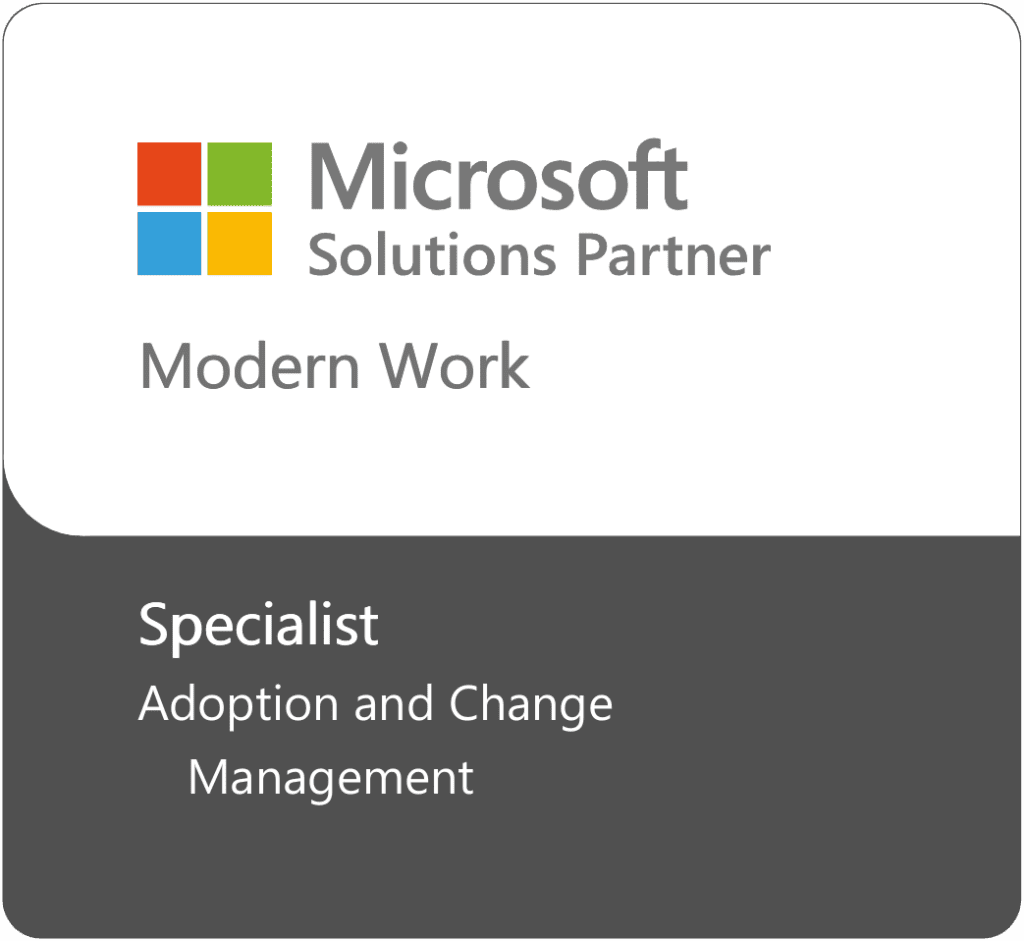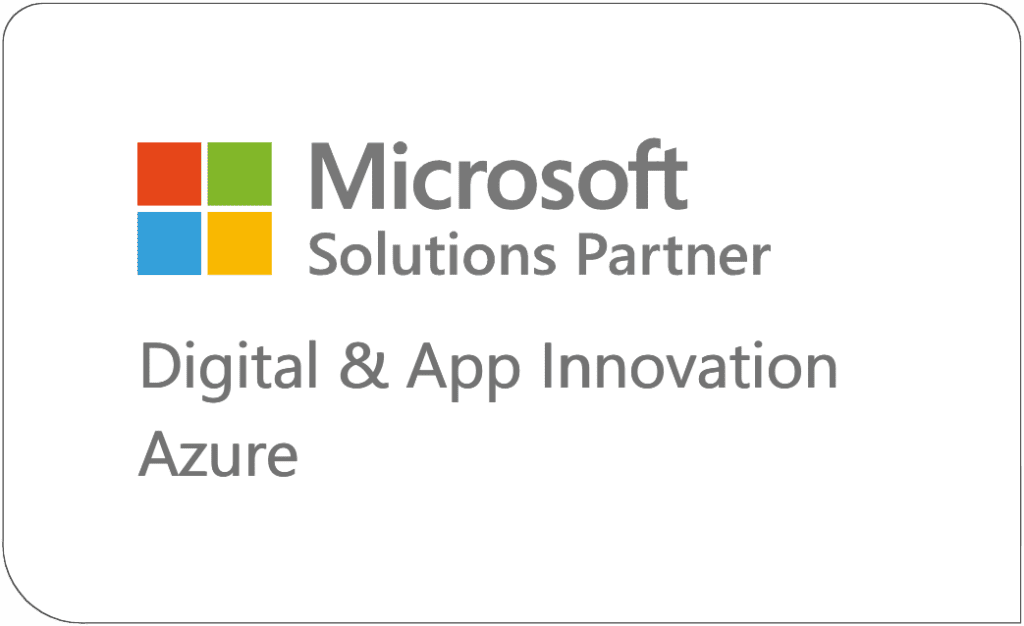Advantages gained
Intuitive and optimized app with limited effort required in user training.
No interruption of business operations or functioning of systems connected to the app.
Enhancement of the system's stability and performance of the facilities.
Significant extension of the application's life expectancy (10 years).
A leading global specialty chemical company, specializing in the production of petroleum additives, was forced to modernize its production monitoring application to overcome critical issues due to the technological obsolescence of its proprietary software. Developed more than 20 years ago, the software was no longer supported and not compatible with the latest versions of SQLServer, making system maintenance and the development of new features impossible.
Therefore, the client commissioned SoftJam to remake the application, which was supposed to maintain the same functionalities, i.e., to collect process data, combine it in a database, and allow for real-time analysis of the production status, monitor plant performance, and identify any variations from the quality standards of each product. Moreover, the application was supposed to maintain the same database structures to avoid a domino effect on the interfaces and systems connected to the application and allow each user to view only the functionalities relevant to their role.
The project involved rewriting the core application for managing and monitoring production across 7 facilities worldwide. Given the geographical distribution of the client’s project stakeholders and the global health emergency (due to Covid-19), a virtual review team was established. This team was involved in training courses, usability testing, and weekly reviews throughout the project’s duration.
During the rewriting process of the app, 4500 live tests on real production data were conducted. These tests continuously improved the application’s performance, ultimately resulting in a software that is fast, efficient, and of exceptional quality.
Despite the project’s complexity, the use of the DevOps methodology made it possible to perform continuous remote software deployment smoothly.
SoftJam SPA is a subsidiary of EUSTEMA SPA











Copyright Softjam.it – VAT 03603780101 – Privacy Policy – Cookie Policy